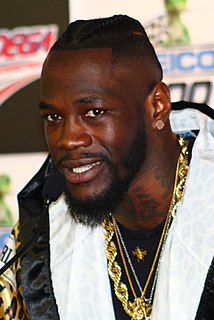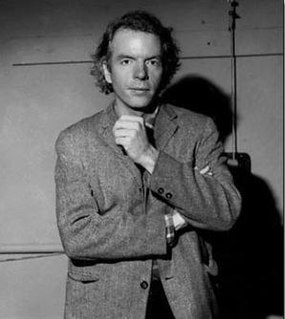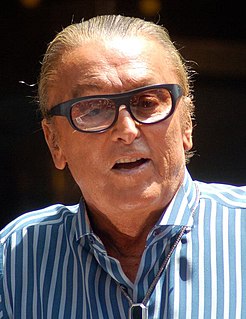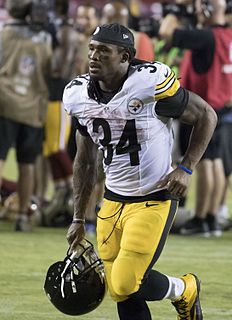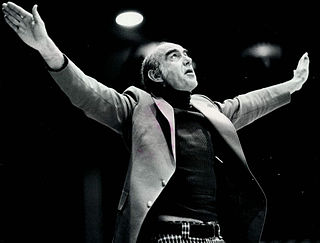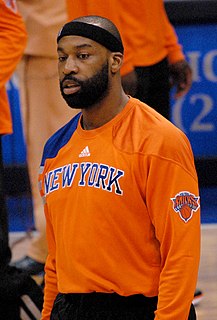A Quote by Michael N. Castle
These ivy league students are in the upper echelon of the college boards and had great opportunity in front of them regardless of where they go to college. Its in their very nature and it is something they expect.
Related Quotes
When I went to college, I went to a junior college. I wanted to go to the University of Alabama but had to go to junior college first to get my GPA up. I did a half-year of junior college, then dropped out and had my daughter. College was always an opportunity to go back. But she, my daughter, was my support. I gave up everything for her.
On the day I started college in 1979, no woman had ever been on the United States Supreme Court or served as the Speaker of the House. None had been an astronaut or the solo anchor of a network evening news broadcast. Not one had been president of an Ivy League college or run a serious campaign for president.
If the goal is to dramatically improve college completion rates, not college-going rates by itself but college completion, it's not just a college problem. We need a big focus on early childhood education. Our early childhood education system is pretty good in this country. Not enough students have opportunity. And, very discouragingly, they lose their advantage because they go to poor schools after that. So, let's focus on our babies.


